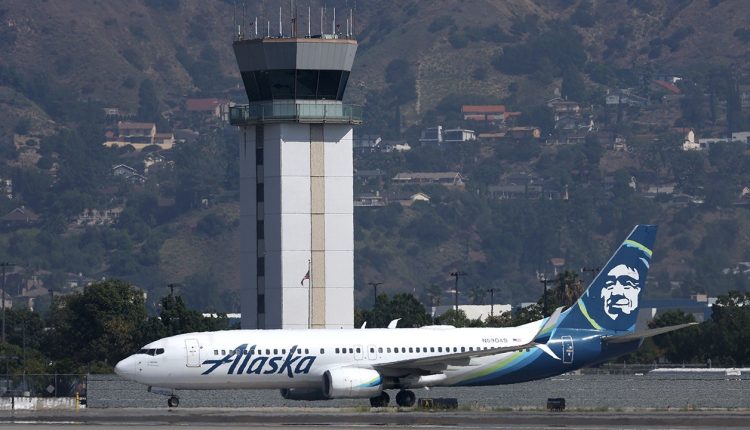The Federal Aviation Administration (FAA) has a new full-fledged administrator after a more than 18-month stretch in which the agency relied upon a series of acting chiefs following a Senate confirmation vote on Tuesday.
President Joe Biden’s nominee, Michael Whitaker, was confirmed by the Senate with a unanimous vote of 98-0. Whitaker takes the helm of the agency at a critical time as it deals with a shortage of air traffic controllers and investigates a series of near-misses between aircraft on runways. Whitaker previously served as deputy FAA administrator from 2013 to 2016, worked for United Airlines for a 15-year period prior to that and most recently worked as the COO of Supernal – a Hyundai subsidiary working on electric air mobility vehicles.
Whitaker said this month that the FAA has to prioritize increasing the number of air traffic controllers on staff, as the shortage has contributed to delays for air travelers. On the near-miss runway incursions, Whitaker said the FAA needs to “really drive the most serious ones down to a level of zero.”
ALASKA AIRLINES PASSENGER RECOUNTS HARROWING MOMENTS OFF-DUTY PILOT ALLEGEDLY TRIED TO CUT PLANE’S ENGINES
The National Transportation Safety Board (NTSB) is investigating seven runway incidents that have occurred since January, including a near collision between a Southwest Airlines Boeing 737 and a Cessna Citation 560X Business Jet in San Diego.
Katie Thomson, the current number two official at the FAA, indicated that the agency expects to receive a report from an independent safety review team that in April was tasked with looking at ways to boost air safety.
FAA INVESTIGATES AFTER ALASKA AIRLINES FLIGHT STEERS INTO SKYWEST PLANE’S PATH
The FAA in September extended cuts to minimum flight requirements at high-traffic airports around New York City through October 2024. New York Terminal Radar Approach Control staffing is at just 54% of its recommended level.
The staffing shortages have caused airlines to express growing frustration due to operational disruptions stemming from the lack of air traffic controllers.
A government watchdog said in June that staffing shortages at several critical air traffic control facilities are so significant that controllers are working mandatory overtime and six-day work weeks due to the shortages.
Reuters contributed to this report.
Read the full article here

